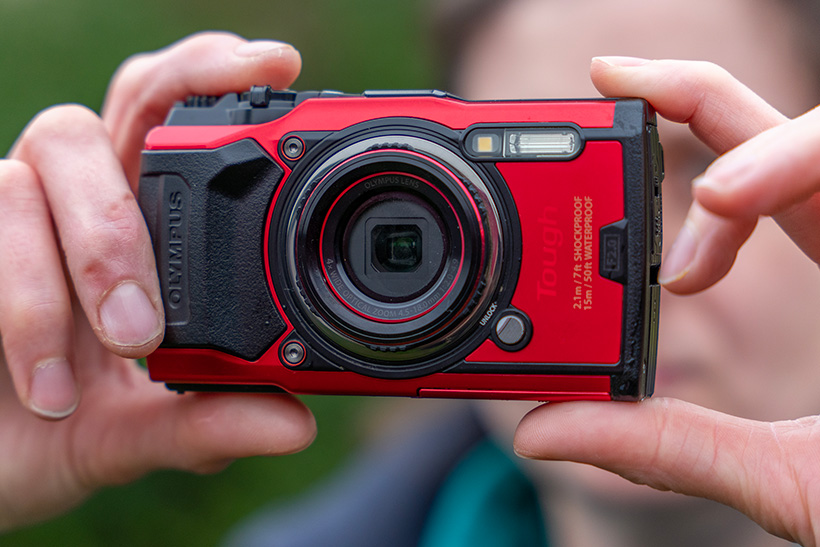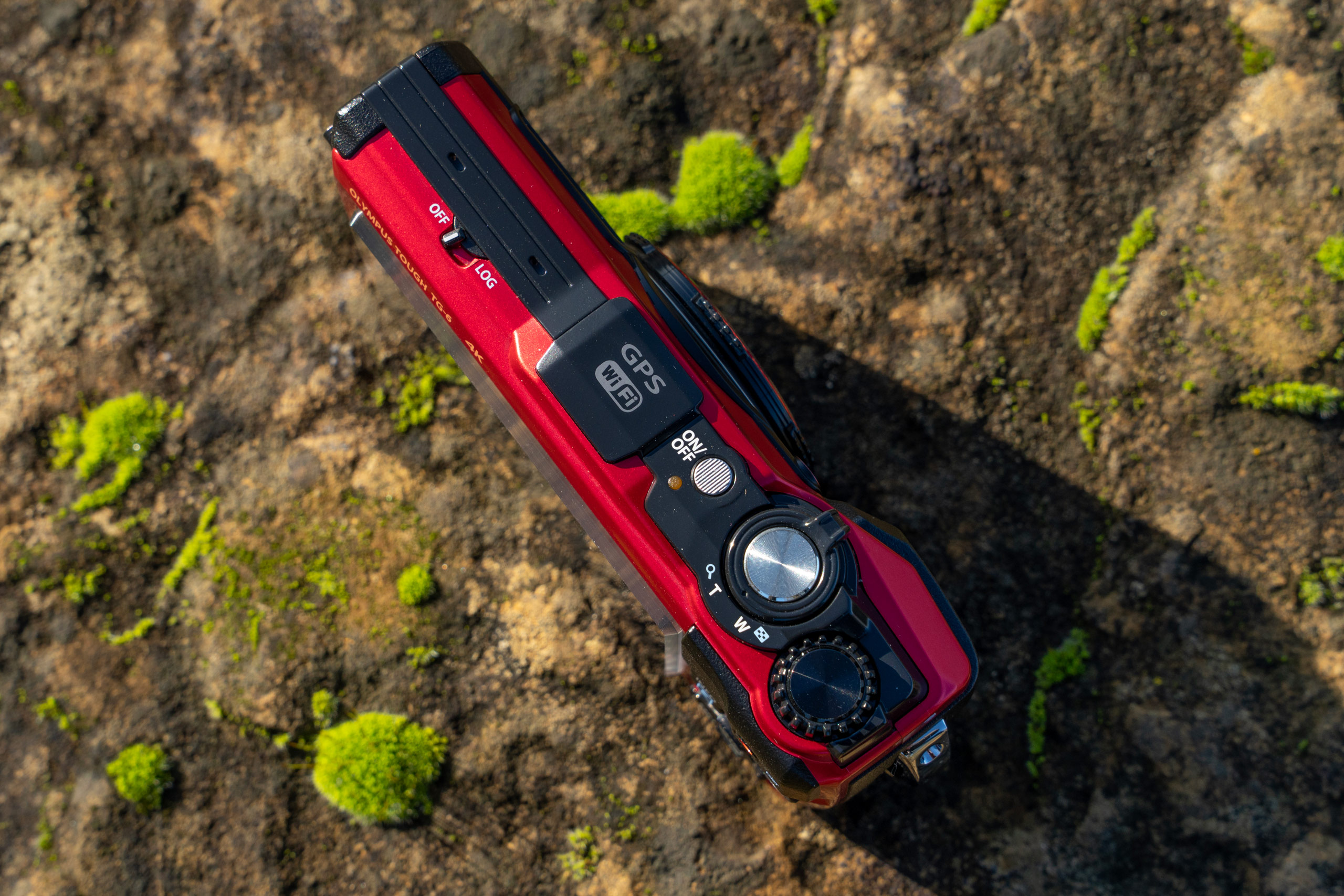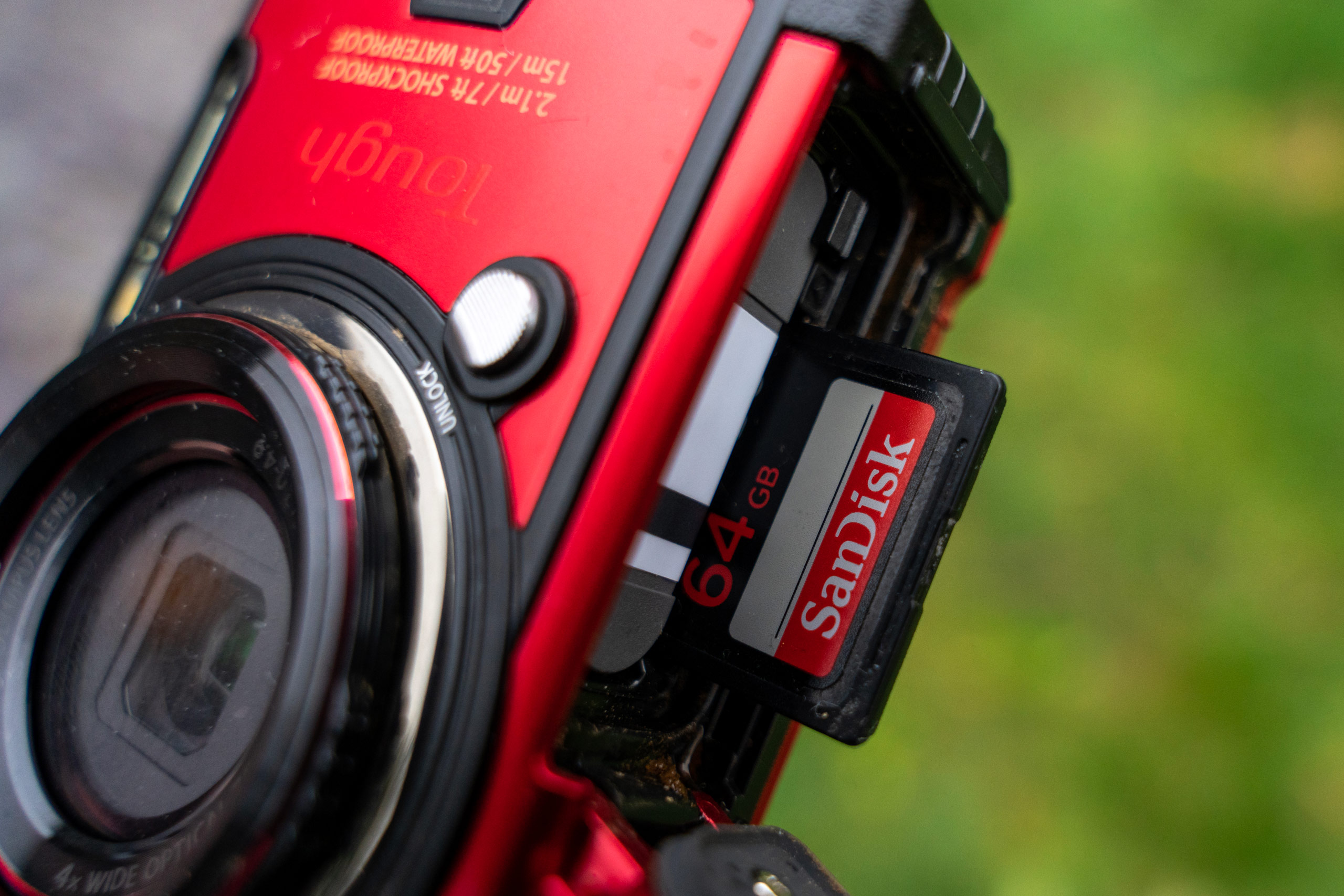Amateur Photographer verdict
The Tough TG-6 lives up to its name – reaching parts that other cameras, and definitely smartphones, cannot reach. Limited image quality, especially under zoom – but at least you get the shot.- Extreme build for extreme conditions
- Fast f/2 aperture at 25mm
- Location tools are second to none
- Anti-fog tech works well
- Impressive IPX8 waterproof rating
- Includes OM System’s great feature set
- Image quality when zoomed in
- Visible ghosting especially when zoomed
- Lacks manual modes and control
- High frame rate video quality
- Aggressive automatic noise reduction
The Olympus Tough TG-6 was launched in 2019 and is still available from OM Digital Solutions, which acquired Olympus’s imaging division in 2021. It is widely regarded as one of the best underwater / adventure compacts on the market. The latest addition to the Olympus Tough line-up is the new OM System TG-7, which supersedes the TG-6.
OM System / Olympus Tough TG-6 at a glance:
- $675 / £573
- 12MP 1/2.3in BSI CMOS sensor (6.2 x 4.6mm)
- 25-100mm f/2-4.9 (35mm equivalent) lens
- ISO 100-12,800
- 4k 30p video, 120p at Full HD
- 3in 1.04m-dot LCD
- IPX8 waterproof rating up to 15m
With current street (Amazon) prices at about $675/ £575 this point-and-shoot camera is aimed at those who want to take their creativity to inhospitable locations: underwater, or areas bogged down with mud and dust, without spending thousands on professional cameras, lenses and pricey underwater housings.
OM System Tough TG-6: Features
As with the predecessor, the Olympus TG-5, you get a 12MP 1/2.3-inch BSI sensor, 25-100mm (35mm equivalent) f/2-4.9 zoom lens and exceptional build quality, which we’ll explore further below. A raft of fun and innovative features makes their way over as well, eg Pro Capture, which records a short rolling (0.5s) ‘security’ burst of five images immediately before you take the shot, in case you miss the moment.
As with the TG-5 you can capture images in JPEG or Raw. The former is great if you aren’t comfortable editing your images and the results are punchy, vibrant and full of details. If you do want to tinker with post-production, you’ll appreciate the ability to capture Raw files. You can also record video up to 4k at 30p, as well as 120p at Full HD or even 480fps at 720p – great for slow motion footage.
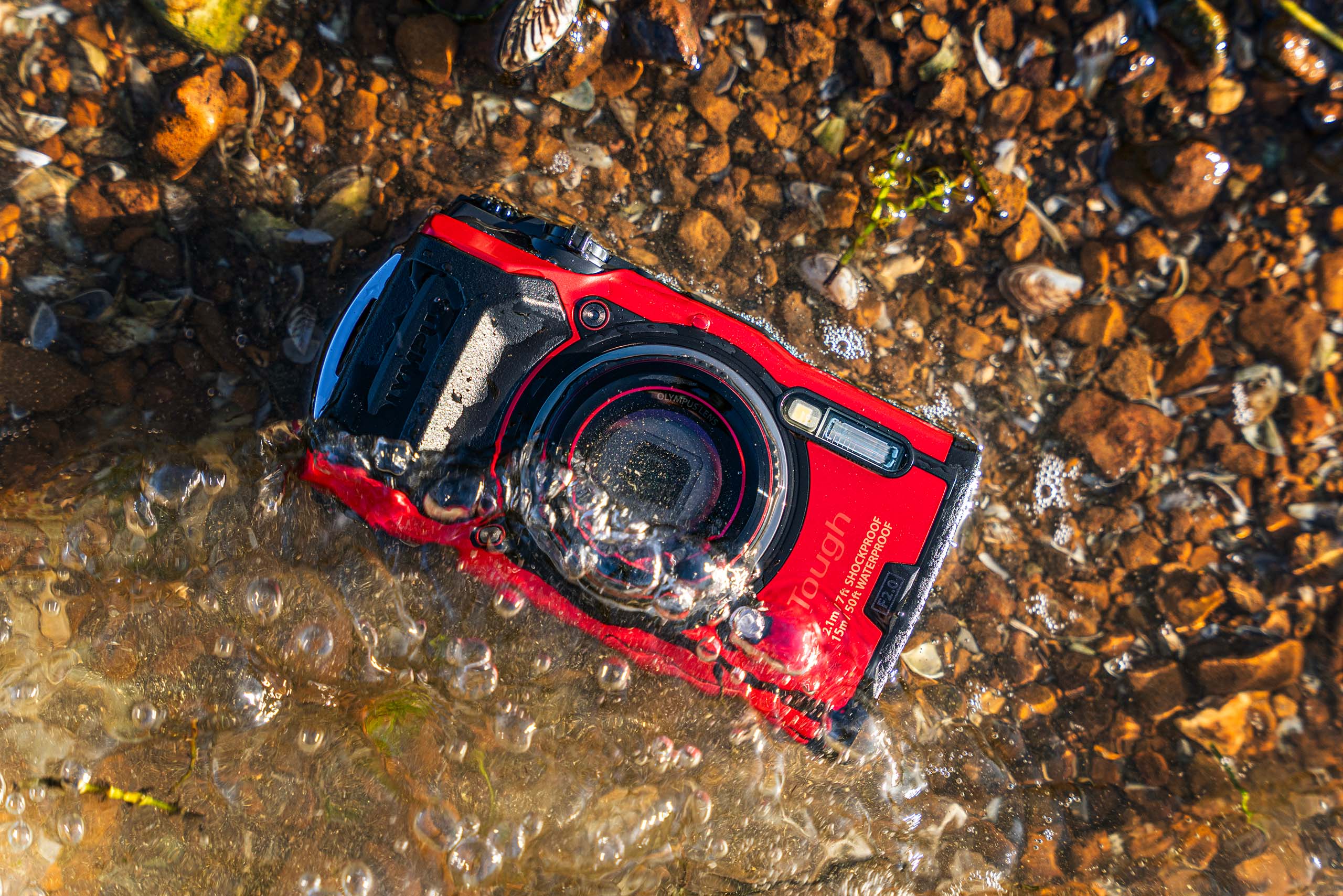
For those venturing under the waves the underwater modes now boast a fifth option – Underwater Microscope – that fills out the close-up options. You can also take advantage of the 1cm close focusing distance outside of the macro modes, and it really shines.
One very welcome addition is a higher resolution 3in 1.04m-dot LCD (up from 460K). This is great for identifying fine details, and since the TG-6 lacks a viewfinder, you’ll be spending a lot of time here. It isn’t touch compatible, but with such a strong focus on underwater operation this continues to be justifiable.
Finally, it wouldn’t be a Tough review without mention of the suite of field sensors and GPS data that continues to impress. This can imprint your metadata with specific location and time details – handy for image sorting and as an aide-memoir.
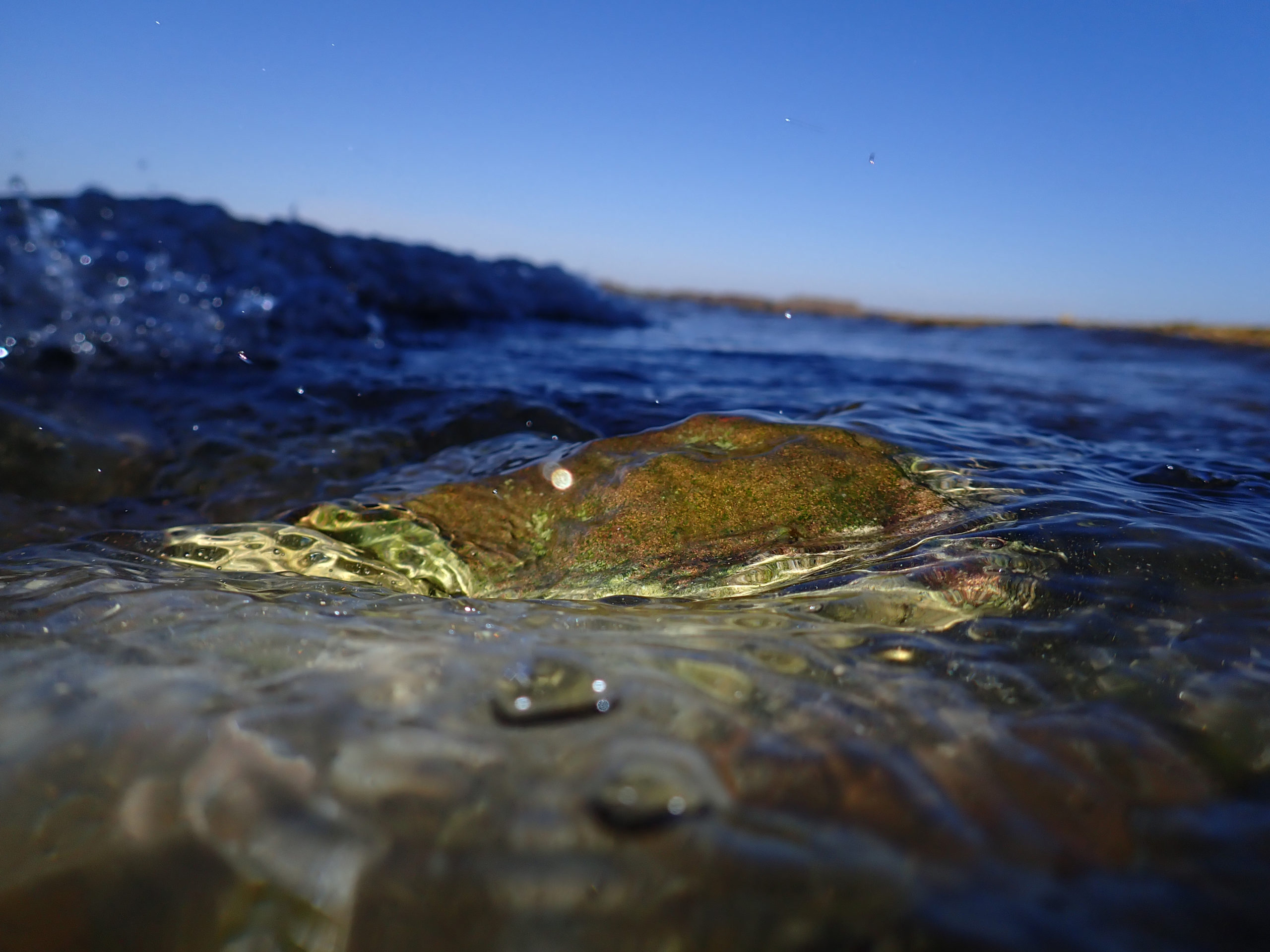
Key Features
1 – Build quality – The TG-6 continues to uphold the gold standard for rugged compact cameras. For your money you get a camera that works flawlessly at up to 15m underwater and can withstand drops from head height onto solid surfaces.
2 – Ease of use – Embracing the point-and-shoot ethos, this camera makes unthinkable shots a reality. If you’re a veteran photographer looking for a holiday camera, you’ll instantly know your way around. If you’re completely new, however, menus and prompts will nudge you in the right direction for the perfect shot.
3 – Portability – For the entirety of this review, the camera has been stowed inside a coat pocket. That’s something we can’t say for our daily drivers. And since it only weighs a smidge over 250g, it weathers its standby periods in relative obscurity.
4 – Features – Packing seemingly advanced features into compacts is nothing new, but OM System cameras have some great options to play with. Macro genuinely lets you get close up, Pro Capture will increase your chances of nailing action shots and Live Composite is great fun for light trails and night photography.
5 – Simplicity – In an age where we’re constantly demanding more from our tech, the TG-6 revels in its set-and-forget mentality. The options are there if you need them, but you can easily get away with choosing a single mode and snapping until your heart’s content.
6 – LCD screen – It may sound like an odd thing to praise a 3in 1.04m-dot LCD in this day and age, but given the previous screen was only 460k dots the increase really does create a better overall user experience when you’re framing and reviewing your images.
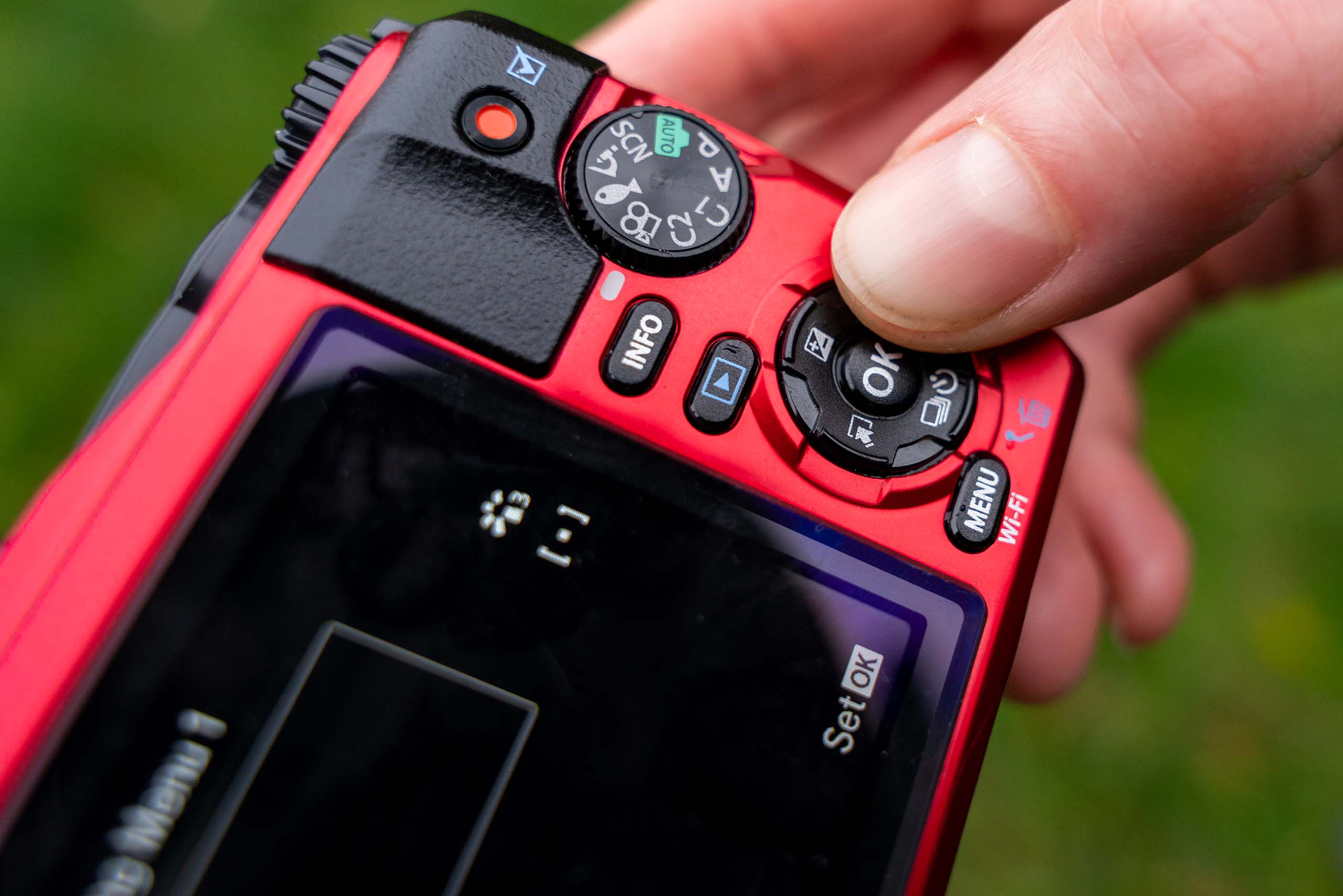
Build and Handling

No one can deny the excellent design of the Tough series. This camera is built to be submerged up to 15m (or 45m with the additional PT-059 underwater case), withstand a 100kg crushing and drops from up to 2.1m in height – yes, it works! It’s also at home in temperatures as low as -10 degrees / 14 Fahrenheit and comes with a dual-pane anti-fog design that prevents annoying lens fogging that occurs with sudden changes of temperature.
To ensure the two compartments (charging and battery/SD) remain airtight the TG-6 uses a dual locking mechanism. It’s a simple but effective system and you can forgive any mildly annoying fiddling on dry land when it affords such versatility.
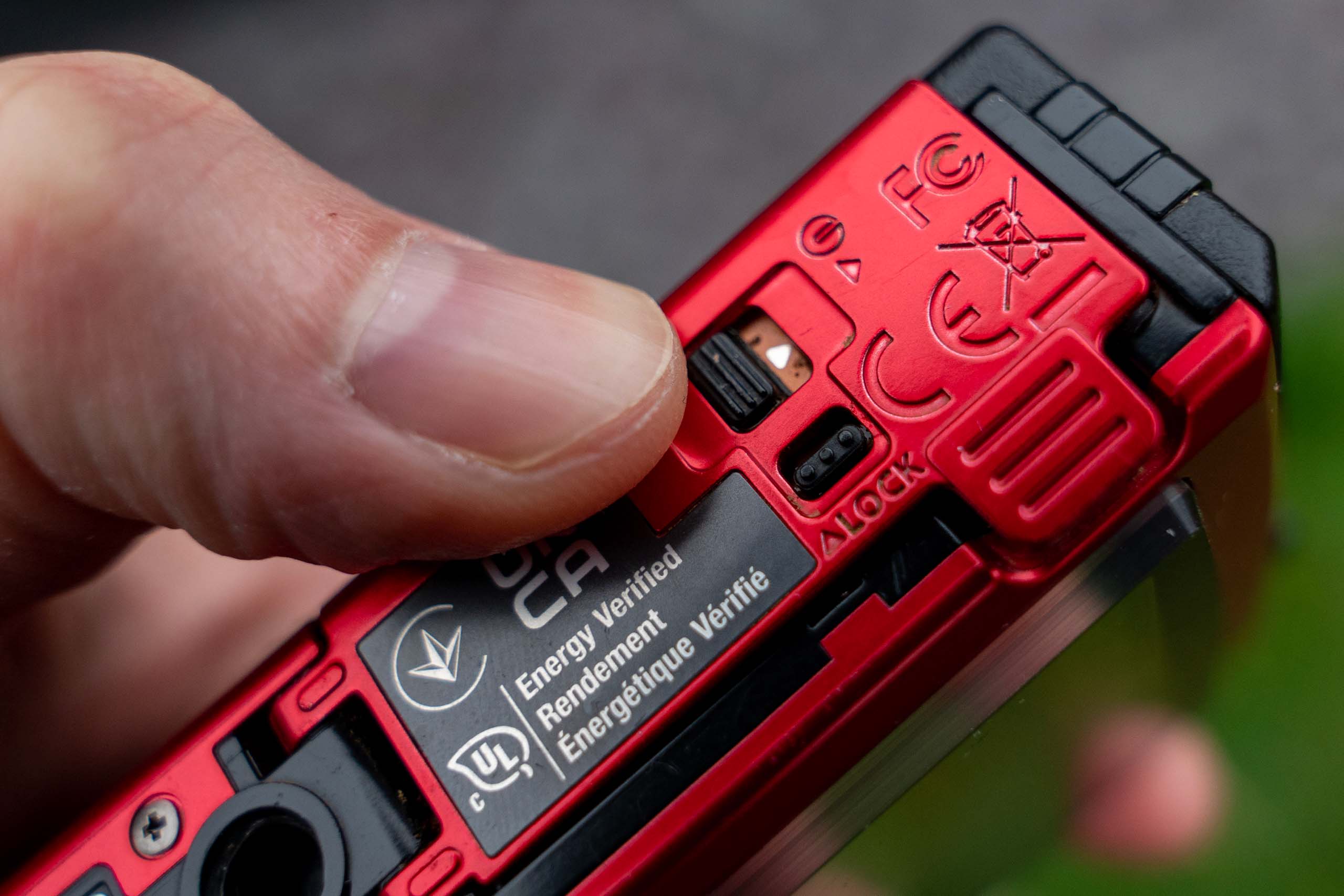
Despite appearing nigh-invulnerable, the TG-6 remains incredibly svelte and pocketable. It weighs in at a cheeky 253g, three more than the TG-5, and fits snugly in the hand. Excluding the shutter button, zoom and exposure compensation dial, your main point of control is on the rear of the body, with the D-pad offering the usual range of shortcuts, such as flash and drive mode. It’s compact, but easy to use even with thin gloves.
Performance and Image Quality
Although there’s not a huge progression from the previous model, the TG-6 does what it sets out to do and does it well. The 1/2.3-inch sensor belts out pleasing images in a 4:3 aspect ratio. Images are vibrant and punchy with a good amount of fine detail, especially at f/2, and the AWB does a great job capturing natural colours.
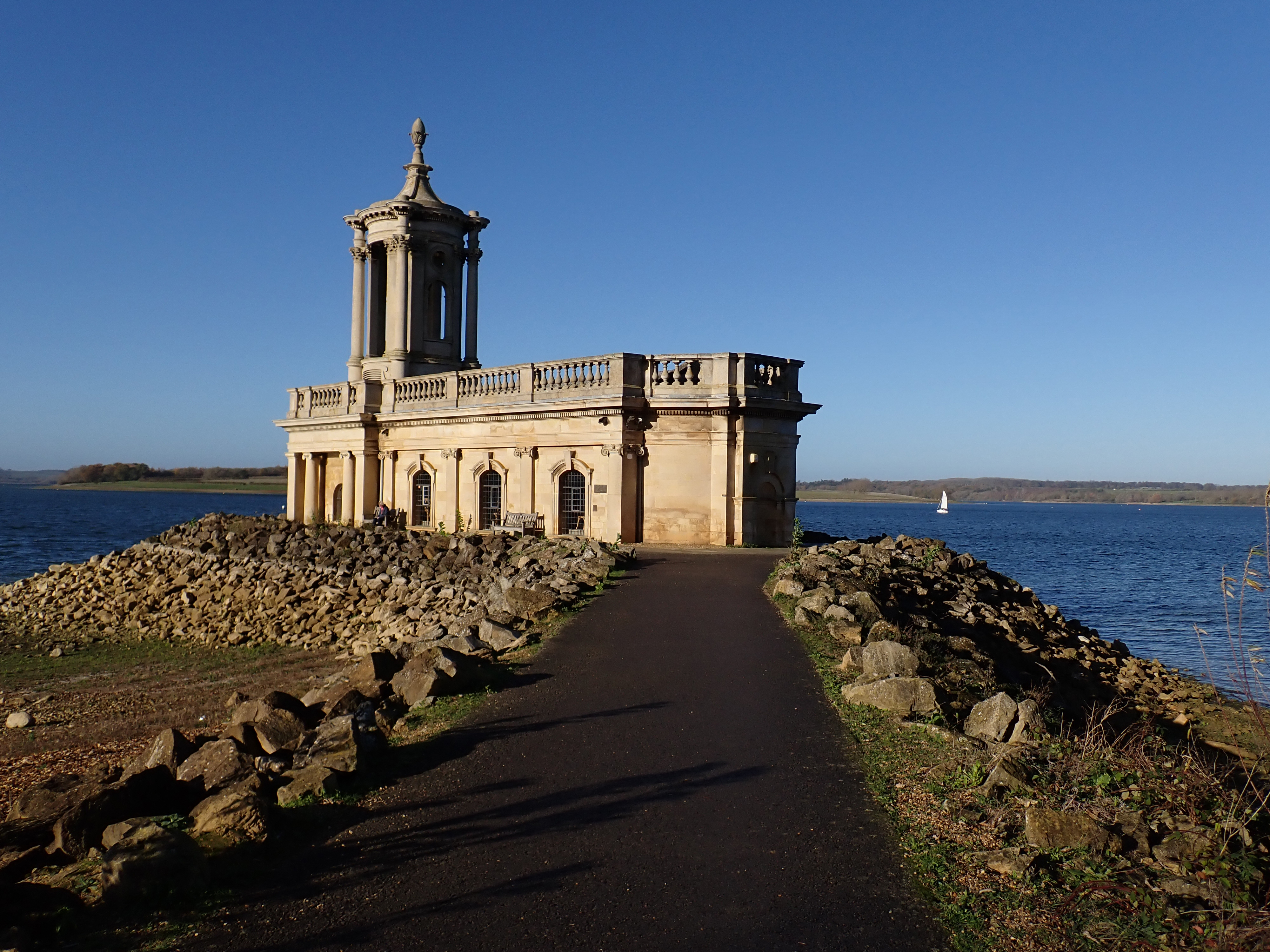
The 4x zoom 25-100mm lens offers an f/2 aperture at the wide end – great for darker conditions – dropping f/4.9 at longer focal lengths, which means the shutter speed will decrease and ISO increase to balance this out.
The in-built flash can help offset any losses with close subjects and the ISO copes well up to ISO 1600, but beyond that noise becomes quite noticeable. Noise reduction is quite aggressive too, so we suggest turning that off if you want to get the best from your low-light JPEGs.
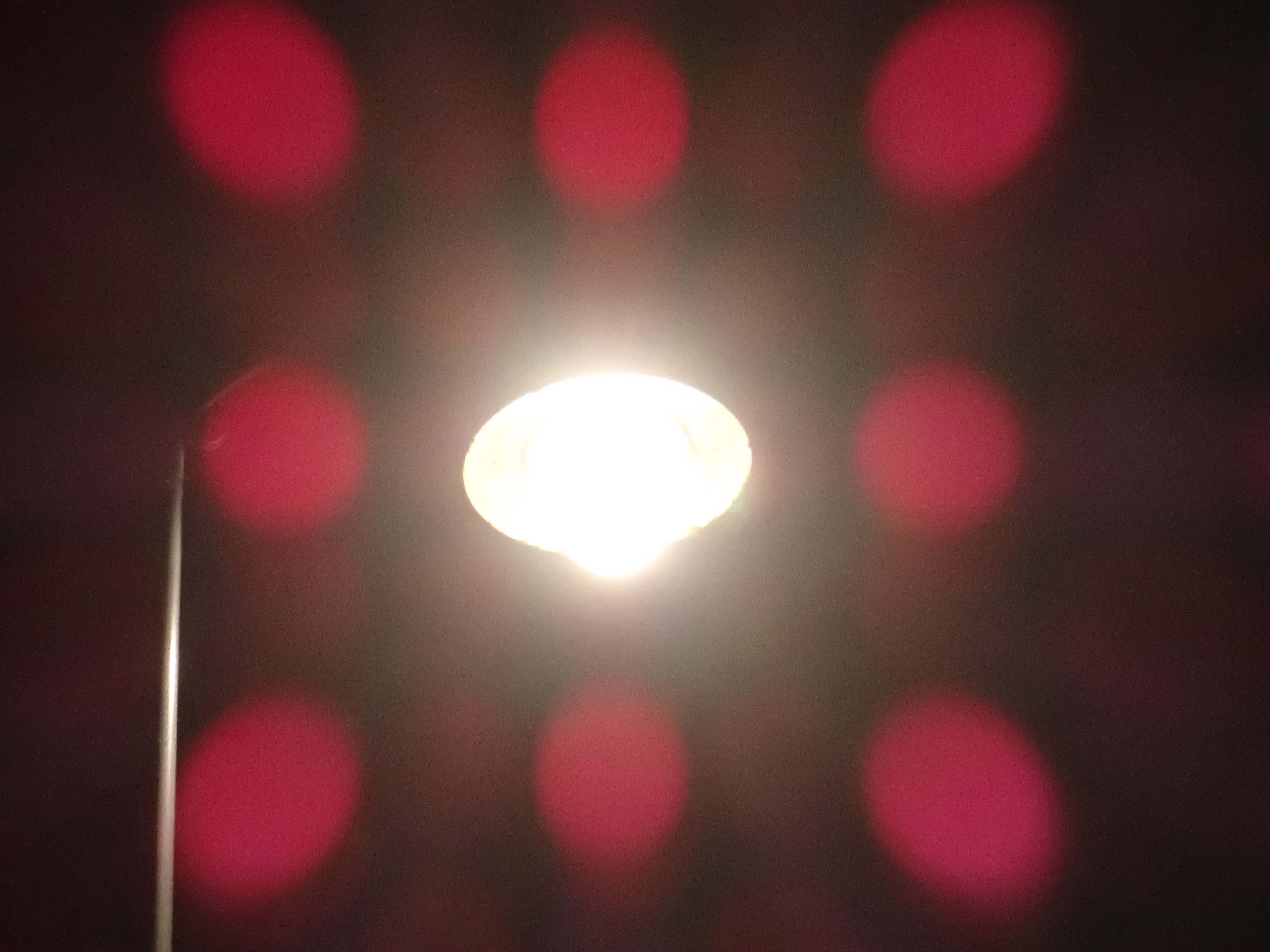
There are some unfortunate ghosting effects when shooting toward the sun or a bright light source (the purple blobs shown above), especially at longer focal lengths. This will only really present an issue when shooting night scenes with street lighting or sunsets for example but can present with strongly backlit subjects too.
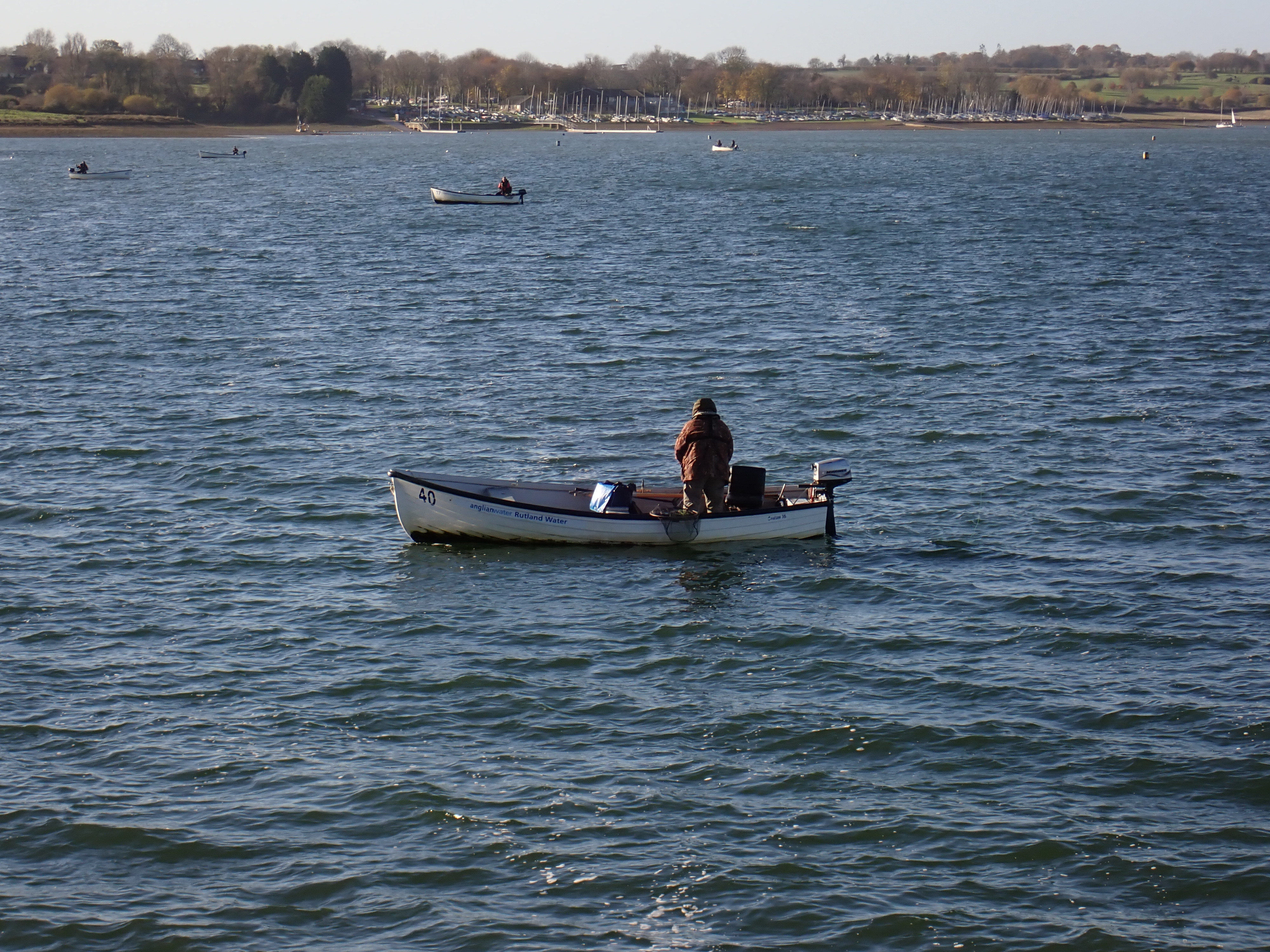
We also noted that the images are slightly softer at the furthest reaches of the zoom lens losing detail on the edges of the subjects. It’s not a deal breaker and won’t be as noticeable for those viewing on social media, but it’s there if you know what to look for.
Leaning into the point-and-shoot ethos you have a range of shooting options that offer everything from full to semi-automatic modes. If you want more control, then the ‘A’ (aperture) mode allows you to set the f-stop (you get four options) and the camera will fill in the gaps.
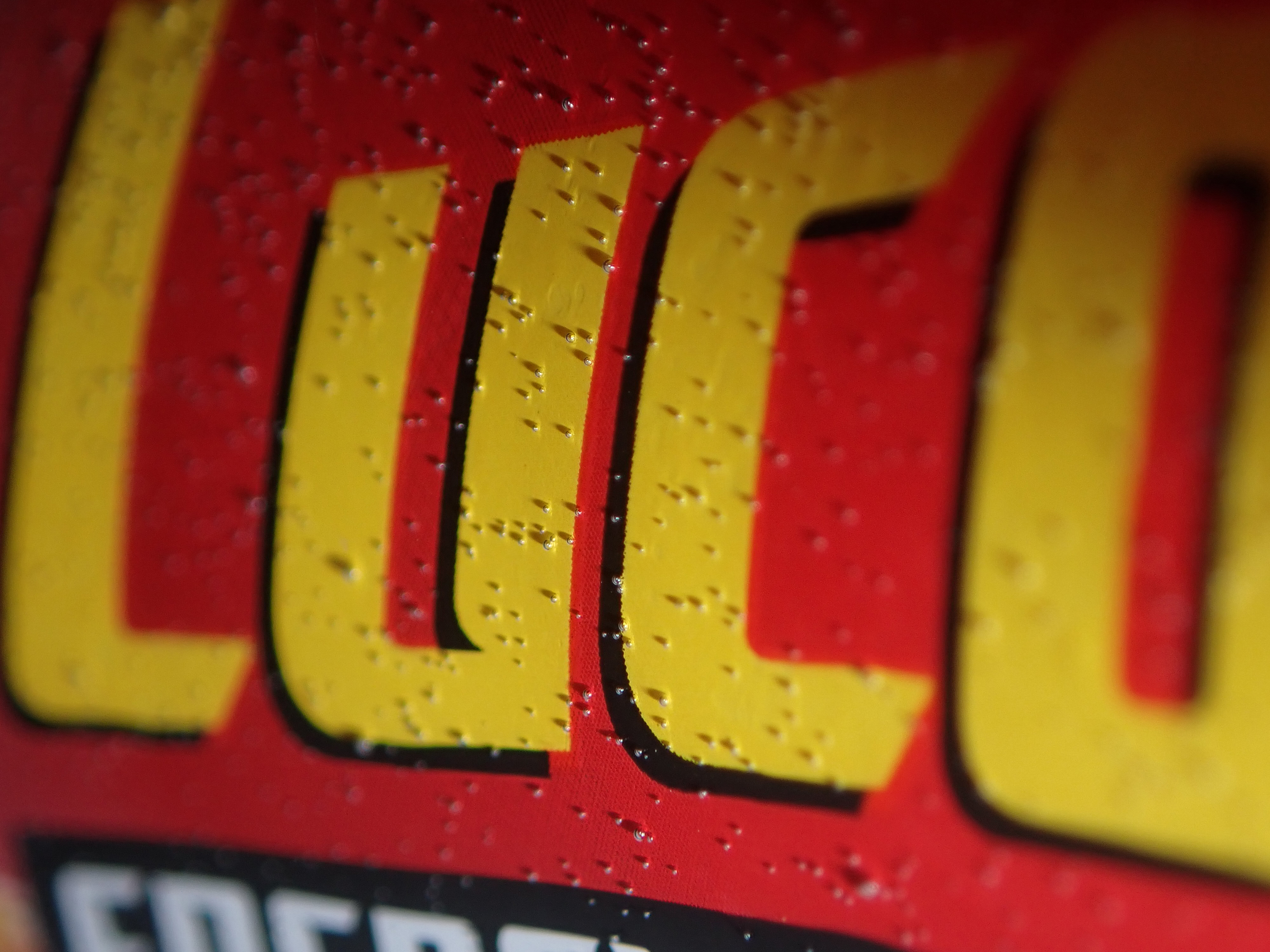
SCN and the underwater mode – represented by a fish – give you a wide range of scenarios to choose from, supplying the best settings to match. This is great for users who aren’t interested in fiddling with settings when the shot at hand is about to swim away.
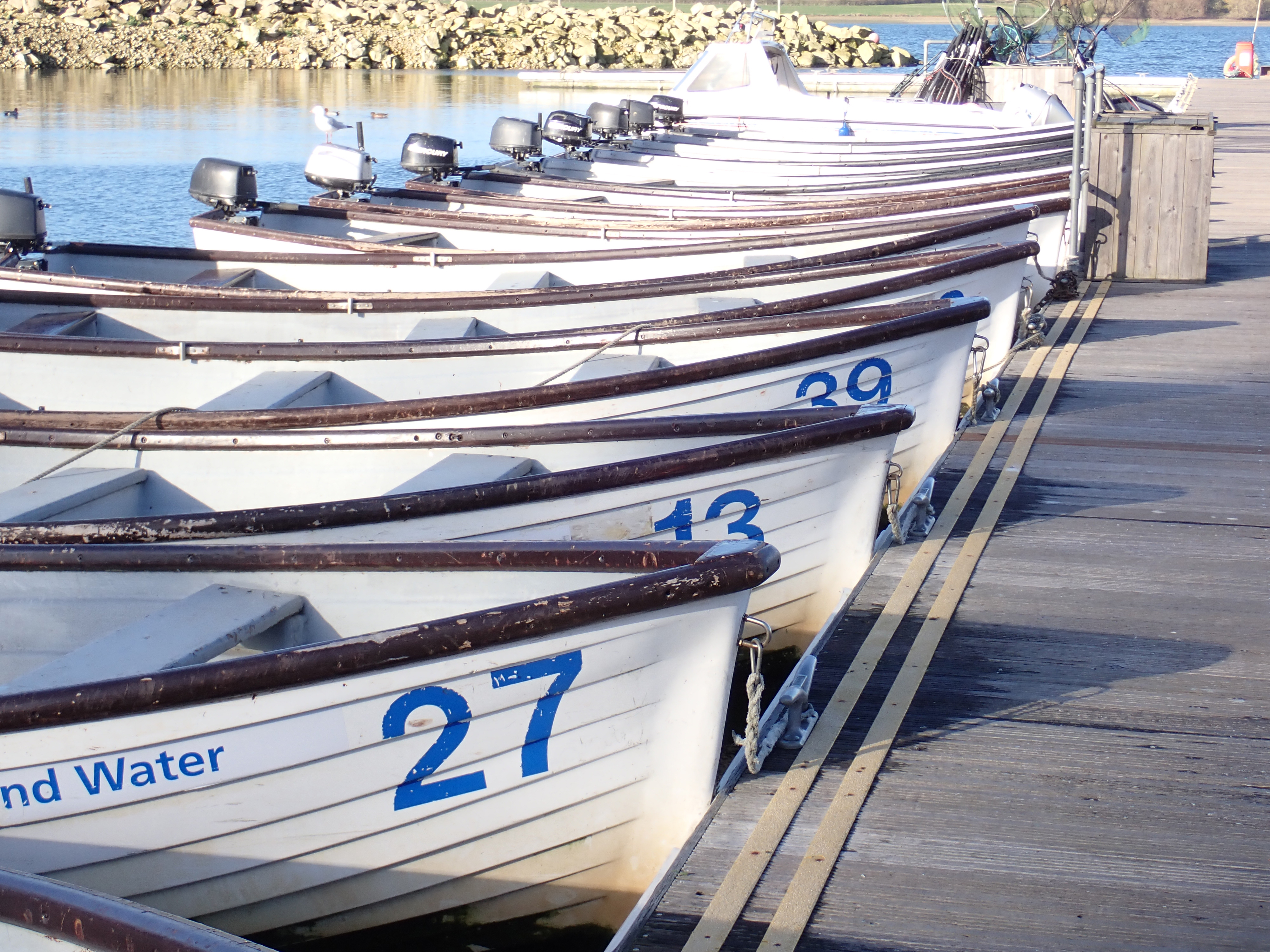
There’s an exposure compensation dial, next to the shutter button, and we found this extremely useful since the metering tended to come up on the bright side. Having the ability to drop to -2EV, thus informing the camera to darken the scene, really helped to get the most from our images.
To ensure you get the best from your shots you have 25 contrast detection autofocus points that include a Single AF, AF Tracking and Face Detection modes. The base AF works well, though we found sticking with the central point and recomposing was easier than changing points.
The tracking system is OK for slower subjects but struggled with faster moving targets. Similarly with the Face Detection mode which appears sticky but struggles with any more pacey movement.

The new higher resolution screen is a nice touch. Composing your shots is simple and the display is extremely close to your final shot. It’s also bright and remains surprisingly visible when you’re working in harsh sunlight. Some of the controls, which sit screen-adjacent, are a bit on the small and fiddly side when wearing thicker gloves, but get your settings sorted ahead of time and you’ll be ok.

Video recording
The video options are a nice addition and very capable for a compact. 4K gives crisp textures and punchy colours. The higher frame rates are nifty for slow motion, but it comes at the cost of decreased quality, with 480fps being extremely ‘fuzzy’ and prone to flicker (at 720p), and 120fps being available for Full HD.
Autofocus will try and maintain focus throughout and does a good job if you’re moving slowly. As with tracking, faster subjects or camera movements tend to stump the system. The dedicated record button is also a touch recessed and easy to lose track of in the maelstrom, especially if you’re wearing gloves.
If video is your main concern, you may want to consider action cameras like the GoPro Hero11 Black or DJI Osmo Action 3 that are designed with this in mind and come with their own raft of features and hands-free benefits.
OM System Tough TG-6: Verdict
In a world where the compact camera market has been virtually wiped out by smartphones, the Tough TG-6 builds on its own niche in an area few smartphones are willing – or able – to go.
It revels in its seemingly nigh-indestructibility and lives up to its name. As you’d expect from the small sensor, image quality isn’t world-class and there are better options for above-ground work. That said, if you want to dominate anywhere up to 15m below the water’s surface, without spending a small fortune, the TG-6 really shines and earns its reputation.
For more options have a look at the best waterproof cameras!
Related articles:
Follow AP on Facebook, Twitter, Instagram, YouTube and TikTok.

